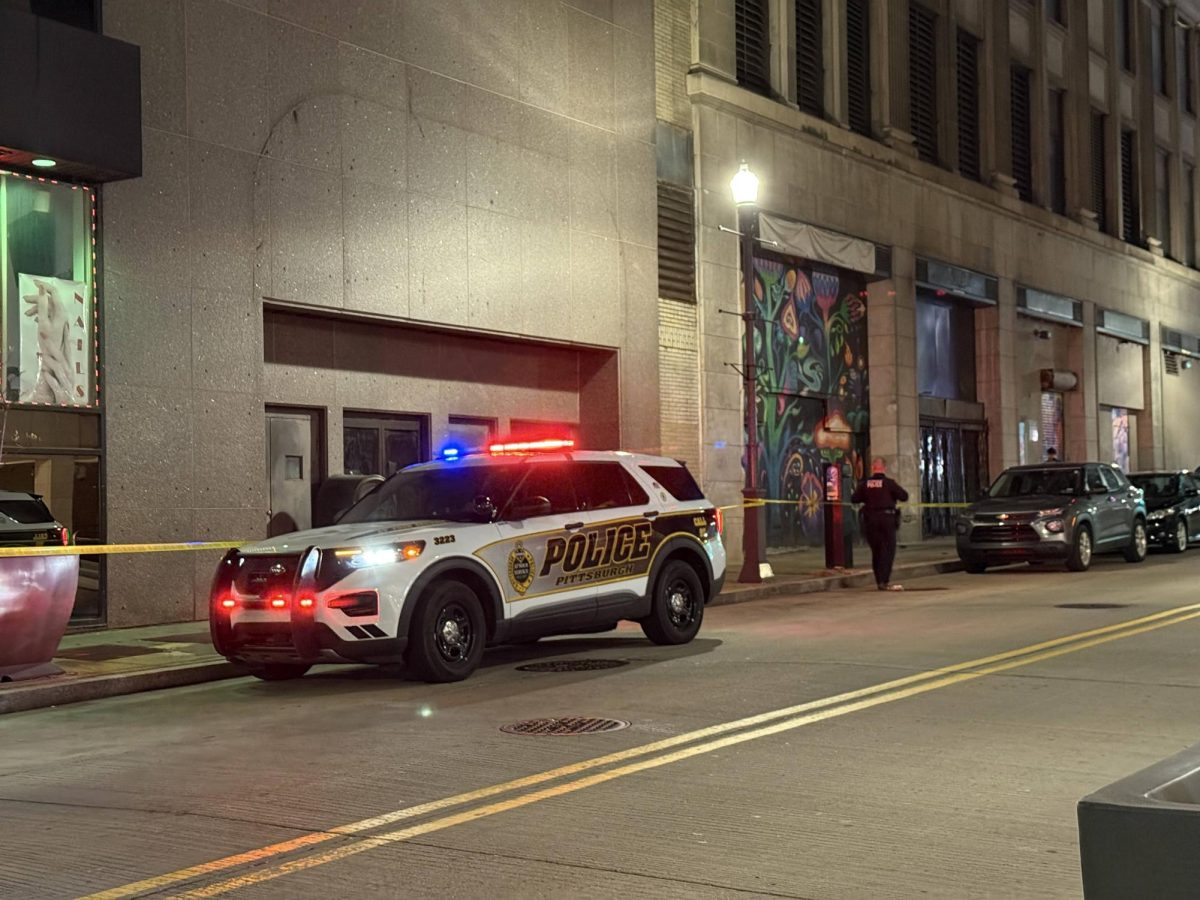Point Park’s full-time faculty union officially ratified a new three-year contract with university administration on Wednesday, Nov. 20.
The contract runs until June 30, 2027, and includes annual wage increases of 3.6%, more funding for professional development, increased professor pay for overload courses and extra responsibilities, and a new three level promotional structure for lecturers.
Wage increases will be retroactive to Sept. 1, 2024 and paid out around the end of the semester.
“I have already had promising conversations with union leadership about implementing the new contract quickly and effectively,” Michael Soto, provost and senior vice president of academic affairs, wrote in Point Park’s November Leadership Report.
“With CBA negotiations in our rearview mirror, we can pursue our vital Point Park mission with more vigor than ever,” Soto said.
The contract was ratified with a 72-3 vote. It required over 18 negotiation sessions that took place from May to October of this year.
Over the course of those negotiations, full-time faculty union members held a march and vote of no-confidence against President Chris Brussalis to protest stalled bargaining.
Zach Tanner, president of the Newspaper Guild of Pittsburgh, which represents the full-time faculty, said in a press release that these efforts helped achieve the new contract.
“It’s not just wages that we won,” Tanner said, “but increased job protections and major improvements to the professional life of full-time faculty members.”
“This is a contract that every faculty member at Point Park should be proud of,” Tanner said.
Pittsburgh Post-Gazette workers, also represented by the NewsGuild, remain on strike. This coming holiday marks the third since staff walked out on Oct. 18, 2022.
Their last contract expired in 2017.

Bob Batz, editor emeritus of Pittsburgh Union Progress (PUP), the Post-Gazette workers’ strike publication, said that the record length of the strike is difficult.
“It really is mind-boggling,” Batz said. “We are the longest strike ever in Pittsburgh, we’re told, and we are the longest on-going strike in the country right now. Neither of those are distinctions that we want.
“It’s not a good time to be on strike,” Batz said.
Rick Nowlin, a former news assistant and jazz critic for the Post-Gazette, had just married and bought a house when the strike began.
“Being part of this union has been a real help to [my wife and I],” Nowlin said.
Months into the strike, he was diagnosed with prostate cancer.
“Had I been active, who knows what might have happened, because right now the union is taking care of medical bills,” Nowlin said.
Nowlin added that he is in good health and expected to recover.
Beyond the holiday, the recent re-election of President Donald Trump has further stressed timeliness from the National Labor Relations Board (NLRB) to hear the Newsguild’s case.
The NLRB can order the Post-Gazette to stop bargaining in bad faith, which it has already alleged is occurring. They can also force them to restore the Newsguild’s previous contract.
In a news release from Oct. 23, 2024, the NewsGuild stated that the Post-Gazette made a motion to argue that the National Labor Relations Act (NLRA) is unconstitutional. That motion was dismissed.
As Trump continues to appoint figures to head many federal agencies, Newsguild strikers wonder if the NLRB will be his next target.
“The administration that’s coming in has been very open about wanting to dismantle some of these agencies and laws that we’re counting on to end our strike,” Batz said. “The Trump administration is not the one that’s gonna help you.”

Former transportation and infrastructure writer for the Post-Gazette, Ed Blazina, echoed Batz’s sentiment.
“It’s put an even greater time-emphasis on getting accomplished what we need to get accomplished,” said Blazina. “It’s incumbent on us to impress upon the NLRB that you have to do everything you need to do as quickly as you can.”







